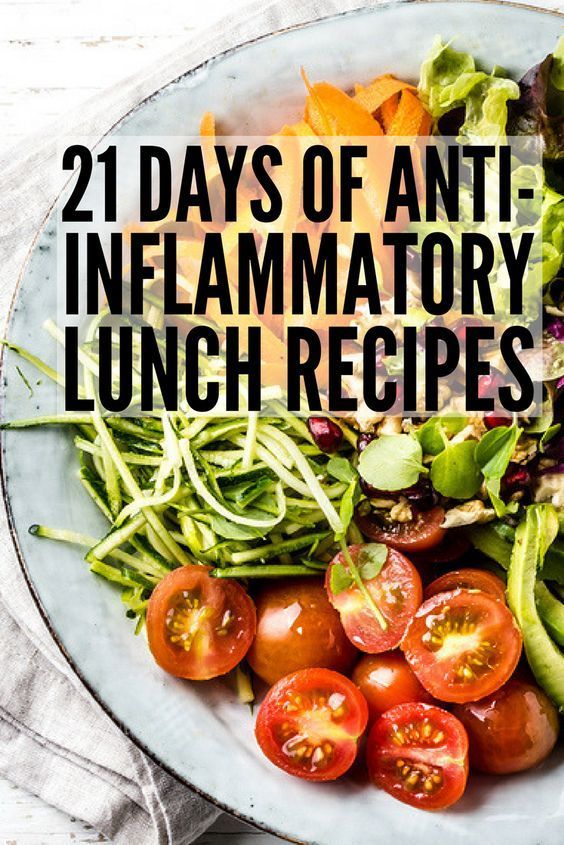In addition to oatmeal, there are many other anti-inflammatory foods that you can include in your diet, such as fatty fish, leafy greens, nuts and seeds, and turmeric. Oatmeal is a nutritious food that has been shown to have anti-inflammatory effects due to its high content of beta-glucan, a type of soluble fiber. By making these foods a part of your diet, you can help to reduce inflammation and promote overall health. Incorporating oatmeal into an anti-inflammatory diet can help to reduce inflammation and promote overall health.
Simple Low-Carb Vegetarian Recipes for Weight Loss Increased Fiber Intake: A plant-based diet is high in fiber, which can help promote digestive health and support healthy blood sugar levels. Improved Blood Sugar Control: A low-carb diet can help regulate blood sugar levels and improve insulin sensitivity. Weight Loss: By restricting carbohydrate intake, the body is forced to burn stored fat for energy, leading to weight loss. Reduced Risk of Chronic Diseases: A low-carb vegetarian diet has been shown to reduce the risk of heart disease, type 2 diabetes, and certain types of cancer.
Here are some of the best vegan protein sources: While it’s true that animal products such as meat, dairy, and eggs are high in protein, there are many plant-based protein sources that can provide all the necessary amino acids for muscle growth.
Use low-carb vegetables: Choose vegetables that are low in carbs, such as leafy greens, broccoli, cauliflower, and bell peppers.
Use healthy oils: Use healthy oils, such as olive oil, coconut oil, and avocado oil, to cook your meals.
Use spices and herbs: Use spices and herbs, such as cumin seeds, coriander powder, and turmeric powder, to add flavor to your meals.
Avoid high-carb ingredients: Avoid using high-carb ingredients, such as sugar, bread, and pasta, in your recipes.
Experiment with new ingredients: Experiment with new ingredients, such as zucchini noodles and cauliflower rice, to add variety to your meals.
Stay Hydrated: Drink plenty of water throughout the day to help control hunger and support overall health. Low-Carb Vegan Meal Prep Ideas Minimize Grains: Limit or avoid grains such as bread, pasta, and rice, which are high in carbohydrates. Focus on Whole Foods: Prioritize whole, plant-based foods such as vegetables, fruits, nuts, seeds, and legumes. Incorporate Healthy Fats: Nuts, seeds, and avocados are all excellent sources of healthy fats that can help to keep you full and satisfied. Choose Low-Carb Vegetables: Focus on low-carb vegetables such as leafy greens, broccoli, and cauliflower, which are rich in nutrients and low in carbohydrates.
Fatty Fish: Fatty fish, such as salmon, tuna, and mackerel, are rich in omega-3 fatty acids, which have anti-inflammatory effects. Turmeric: Turmeric contains a compound called curcumin, which has potent anti-inflammatory effects. Leafy Greens: Leafy greens, such as spinach, kale, and collard greens, are rich in antioxidants and other nutrients that help to reduce inflammation. Nuts and Seeds: Nuts and seeds, such as walnuts, chia seeds, and flaxseeds, are rich in healthy fats and antioxidants that help to reduce inflammation.
 So, if you’re considering a vegan diet, don’t let concerns about protein hold you back. Building muscle on a vegan diet is definitely possible, but it requires a well-planned diet that includes a variety of protein sources. With a little planning and creativity, you can build muscle and thrive on a plant-based diet. Additionally, by focusing on compound exercises and getting enough rest and recovery time, you can build muscle just as effectively as non-vegans. By including a variety of legumes, nuts and seeds, whole grains, soy products, and meat alternatives in your diet, you can get all the necessary amino acids for muscle growth.
So, if you’re considering a vegan diet, don’t let concerns about protein hold you back. Building muscle on a vegan diet is definitely possible, but it requires a well-planned diet that includes a variety of protein sources. With a little planning and creativity, you can build muscle and thrive on a plant-based diet. Additionally, by focusing on compound exercises and getting enough rest and recovery time, you can build muscle just as effectively as non-vegans. By including a variety of legumes, nuts and seeds, whole grains, soy products, and meat alternatives in your diet, you can get all the necessary amino acids for muscle growth.
Muscle repair: Protein is necessary for muscle repair, which is the process by which the body repairs damaged muscle tissue. Muscle protein synthesis: Protein is necessary for muscle protein synthesis, which is the process by which the body builds new muscle tissue. Vegan Protein Sources: A Comprehensive Guide Muscle growth: Protein is necessary for muscle growth, which is the process by which the body increases muscle mass.
Cut zucchinis in half lengthwise and scoop out seeds. Drizzle with olive oil and season with salt and pepper. Preheat oven to 375°F (190°C). In a bowl, mix together goat cheese and basil. Divide the cheese mixture among the zucchinis, spooning it into the hollowed-out centers. Bake for 20-25 minutes or until zucchinis are tender.
Vegan Stir-Fry: Cook a variety of vegetables such as broccoli, bell peppers, and onions with a small amount of oil and a sprinkle of soy sauce. Vegan Meatballs: Made with oats, vegetables, and a small amount of oil, these meatballs are a great way to add protein to your meals. Roasted Vegetables: Roast a variety of vegetables such as Brussels sprouts, sweet potatoes, and cauliflower with a drizzle of olive oil and a sprinkle of salt and pepper.If you enjoyed this information and you would certainly like to get additional details pertaining to kindly browse through the web-page.